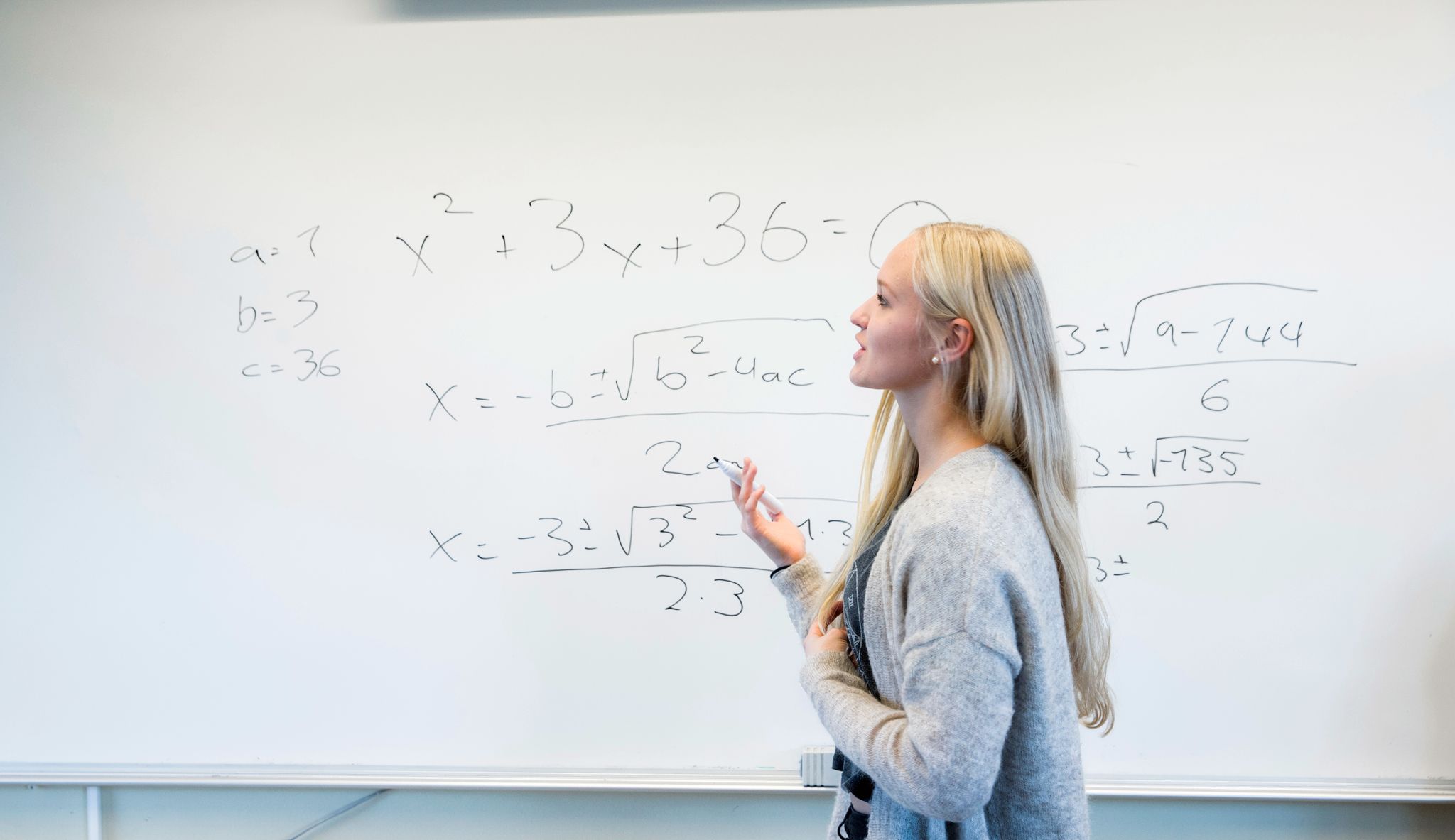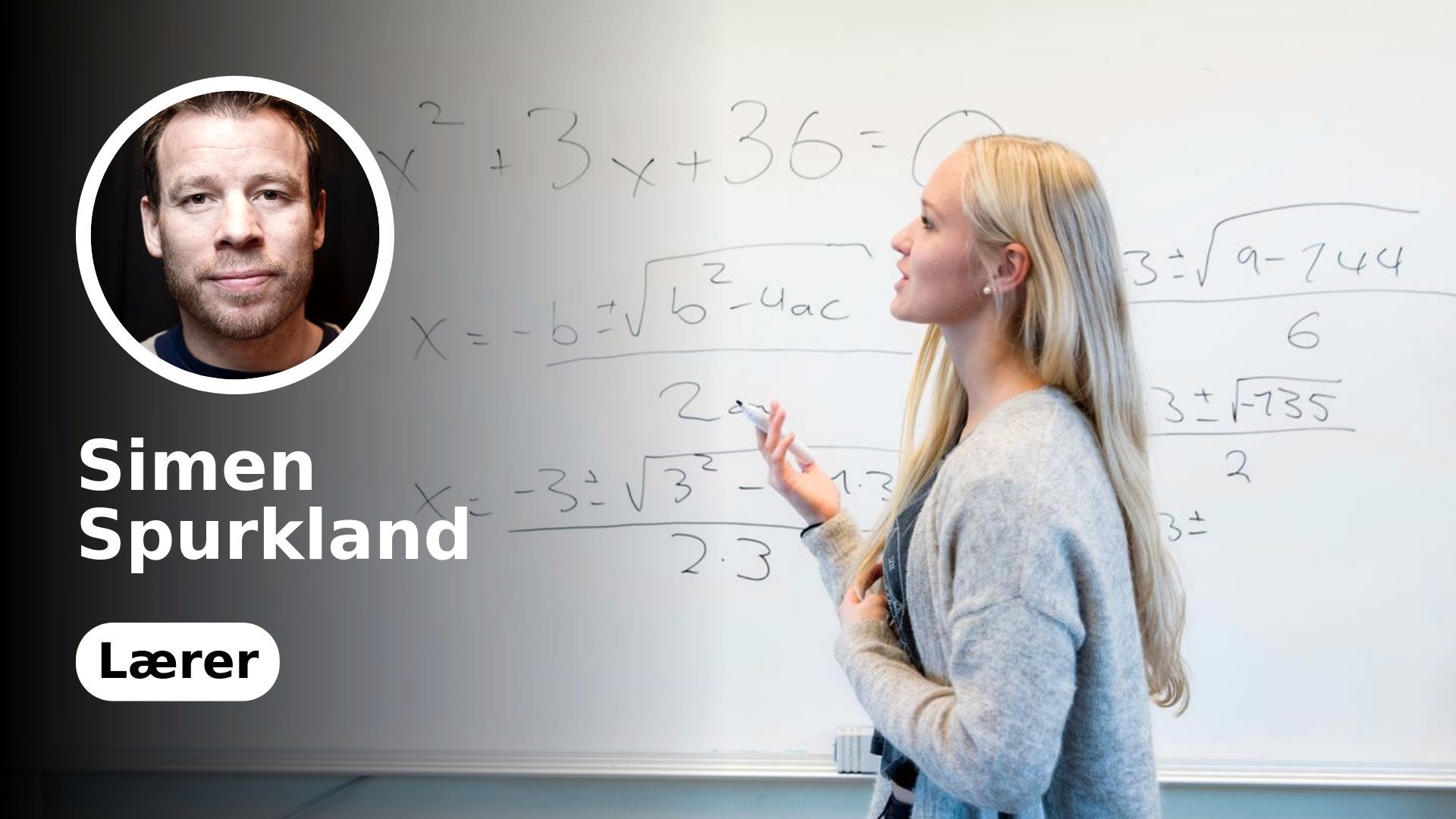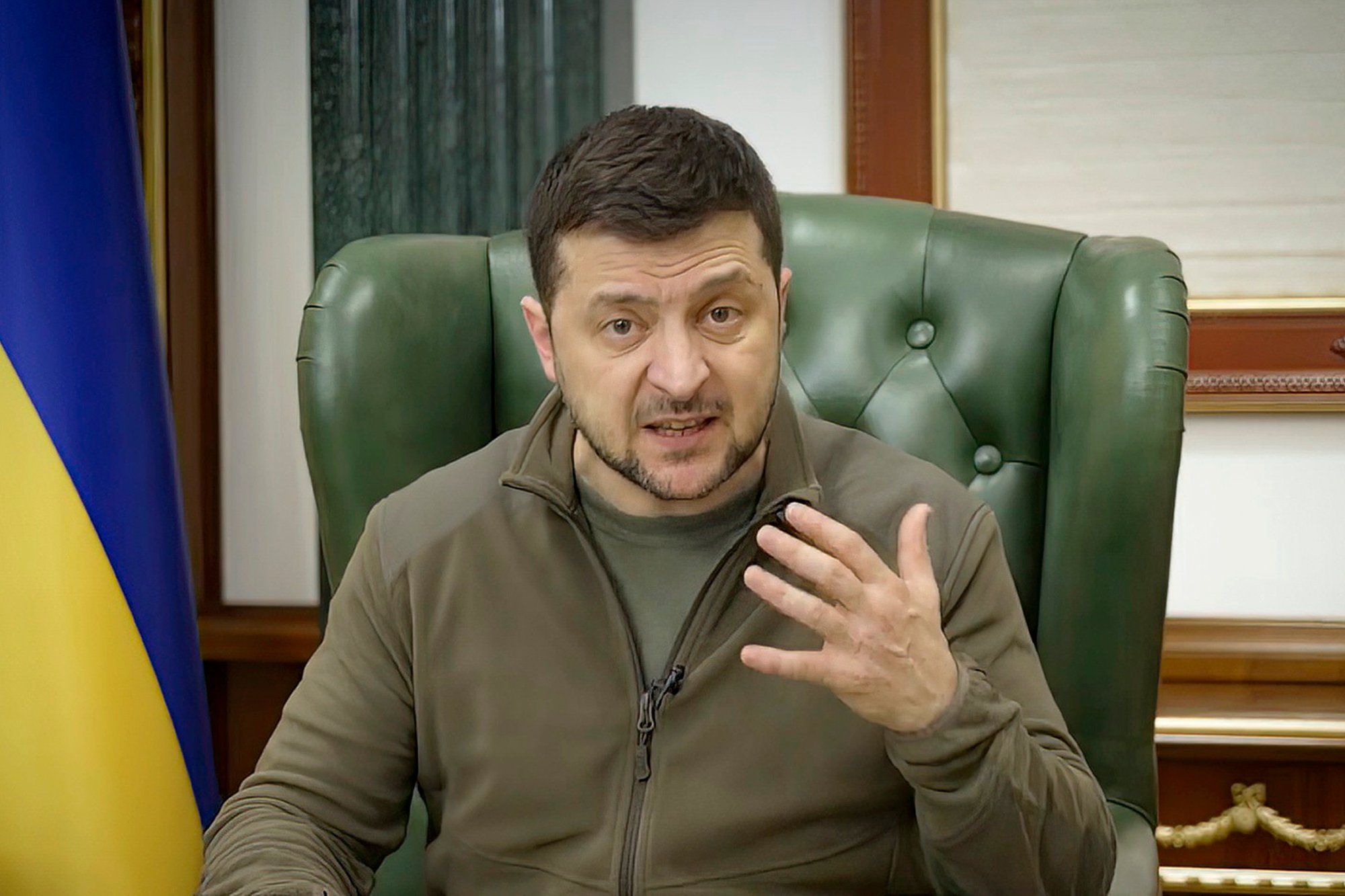
My insight into what a good math education is, came with the credits. Not with the grade of high school.
discussion
This is the topic of discussion. Opinions expressed in the text are at the author’s expense.
I fought for fourth place in math when I went to first grade in high school in 1991/1992. During the last test on the subject, I remember it went black when I had to use the formula to convert between Celsius and Fahrenheit.
Today, 30 years later, it’s a nice anecdote to tell students, as the same formula is natural for use in teaching. The motivation students get by being able to say they were better than their math teacher was when he was their age, and I use it for what it’s worth.
Today I am a math teacher, among other things, with 180 math related credits. When I started as a teacher in this subject, I had 15 credits – which equates to a quarter of a year of study.
I wasn’t a good math teacher…
The insight came with the credits
During the years after graduating in 2000, I took various courses and continuing and supplementary education. In the fall of 2011, I had worked my way up to 60 credits. With the credits also came reflection and insight.
It was the 2011/2012 school year, I made drastic changes in the teaching of mathematics.
Later he became a professor focusing on mathematics and mathematics education.
The point is, my insight as to what constitutes a good education in mathematics and a good education in the basic skills of arithmetic, came with the credits. Not with the grade of high school.
Everyone can get at least 3
As a math teacher, I’ve had a battle against wind turbines all these years. A battle against a sad and at the same time frustrating position on the topic: It’s fine to say you’re not good at math, and there are plenty of patients out there who would say just that.
Given the experiences I had in school, the impression may be correct. But this is not the reality.
My experience is that all students can get at least a third grade in math. Everyone can somehow understand a lot.
But not everyone gets to the abstract language of mathematics, where letters and numbers in a more or less beautiful union must simplify exciting, creative, fun and often interesting considerations of the world around us.
The responsibility of teachers and educators
What amazes me, which is in some way the main reason for my opposition to the fourth requirement, is that it gives mathematics an undeserved role as a premise provider of quality or prestige.
Both Besa’s definition of being educated in mathematics and the mandate of the Norwegian Schools Education Act say that we must work to create committed citizens who are able to participate in society and, among other things, make well-informed decisions.
These citizens are able to participate and make good decisions in life without the help of Pythagoras or pi or sharing with the rest or many strangers.
When I can create assignments and projects where students actually see connections in the world, math becomes something other than math.
The four requirements filter out people who should not be nominated. I believe that it is the responsibility and privilege of educational educators to ensure that learners have the necessary knowledge, skills and competency, so that through their education they can provide students with the knowledge, ability, and attitudes to master their lives.

“Explorer. Unapologetic entrepreneur. Alcohol fanatic. Certified writer. Wannabe tv evangelist. Twitter fanatic. Student. Web scholar. Travel buff.”




